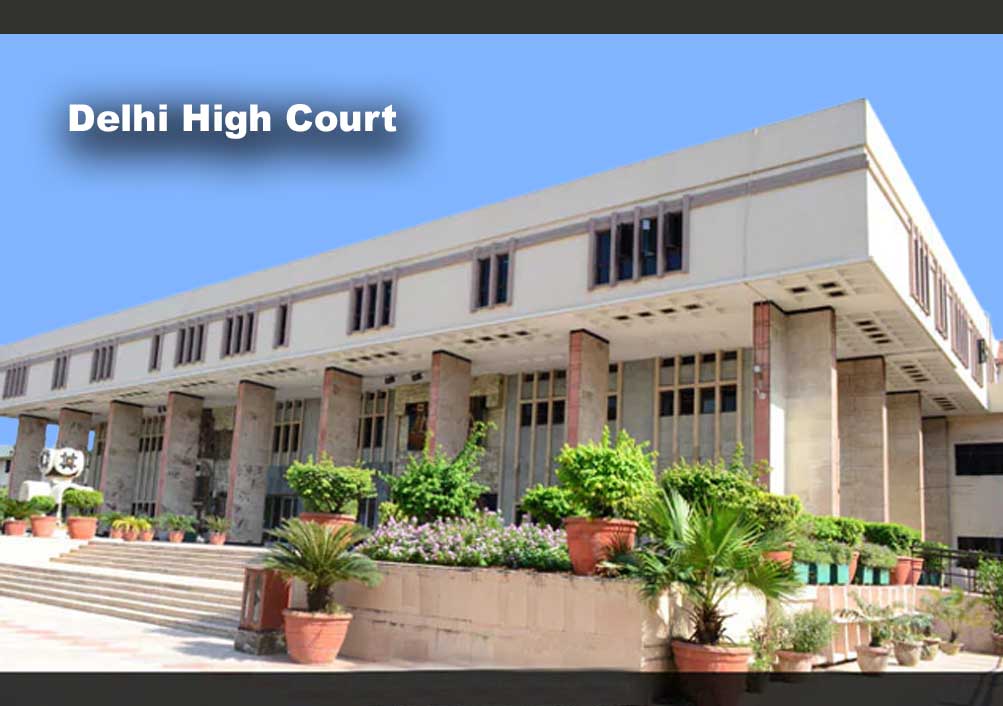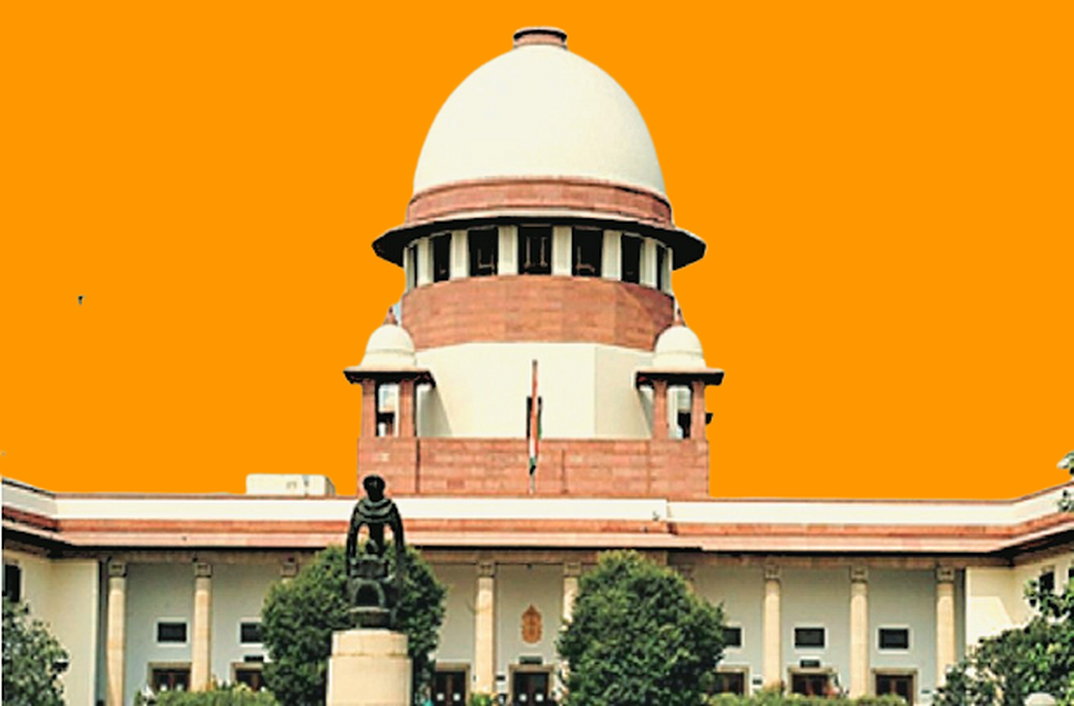In CRM-M-13635-2022-PUNJ HC- Order framing charge is not to be passed while discussing threadbare all evidence collected during course of investigation, rules P&H HC Justice Gurvinder Singh Gill [07-04-2022]

Read Order: Ashok Kumar and Others v. State of Haryana and Others
Monika Rahar
Chandigarh, April 26, 2022: While considering a cross-case leading to filing of complaint and lodging of an FIR in respect of the same incident, the Punjab and Haryana High Court has held that though, the order framing charges is not a very detailed order but at the same time, the order framing charges is not to be passed while discussing threadbare all the evidence that has been collected during the course of investigation or during the course of preliminary evidence.
In this case before the bench of Justice Gurvinder Singh Gill, the petitioners assailed the order vide which the trial Court ordered for framing of charges against the petitioners for offences under Section 323 read with Section 34 IPC and under Section 325 read with Section 34 IPC.
The instant case was a case wherein a criminal complaint and an FIR was registered by opposite parties against each other in respect of the same offence. The complaint was instituted by the second respondent against the petitioners and three others whereas the FIR under Sections 323, 324, 325, 326, 307, 504, 506, 148, 149 IPC was lodged at the instance of Ashok Kumar (the first petitioner) against the private respondents.
It was alleged in the FIR that the private respondents caused injuries to them and made an attempt to murder them while the complaint alleged that the the petitioners and others made a murderous assault on them.
The trial in respect of the FIR has been proceeding before the Court of Additional Sessions Judge, Kurukshetra wherein charges have been framed against the private respondents and a large number of prosecution witnesses have been recorded ever since. However, the proceedings arising out of private complaint is at nascent stage wherein the same has been committed to the Court of Sessions and thereafter charges have been framed against the petitioners vide impugned order.
While alleging that the filing of the private complaint was an abuse of the process of law, the petitioners’ counsel submitted that the injuries (if any) sustained by the respondent were less in number and gravity when compared to the injuries sustained by the petitioners. It was also contended that these injuries sustained by the respondents were caused in self-defence and the petitioners could not be called the aggressors.
The counsel further submitted that the impugned order was passed in a mechanical manner and that there was nothing on record to show that all the petitioners shared any common intention to cause injuries to the private respondents inasmuch as the occurence in question took place at the residence of the petitioners where the private respondents came with a premeditated plan to cause injuries to petitioners.
It was further submitted that since the FIR case was at its fag end, the complaint case which was a cross-version would result in delaying the conclusion of trial arising out of FIR and that it was for this very purpose of prolonging the agony of petitioners that a false complaint was filed.
Since both parties sustained injuries, the Court perused the injuries sustained by both the parties and the result of it was that more number of persons were injured on the side of the petitioners i.e. six whereas it is only four persons who were injured on the side of the private respondents.
Further the Court noted that there were rival submissions on the place where the injuries took place and the Court opined that the same could be determined by the Trial Court.
It was observed that it was a case where the petitioners collectively caused injuries to private respondents at the same time with weapons after way-laying them on road. From these circumstances, the Court gathered that a common intention to cause injuries exited as there was no other explanation for receipt of injuries by private respondents at the same time at the hands of petitioners unless of course, the petitioners were able to show that the same was caused in self-defence but the Court added that the said fact regarding self-defence could only be ascertained during the course of trial.
The Court also observed that in the present case, the petitioners were allegedly armed with weapons like ‘Balam’, ‘Berma’, Iron rods, ‘Lathis’ and ‘Bindas’ etc. and had waylaid the private respondents and had used abusive language and caused injuries to them together the same time and that none of the petitioners had tried to dissuade any other of them from causing injuries.
Thus, in such a situation, the Court was constrained to think that the injuries were caused pursuant to a concert and meeting of mind amongst the accused. No doubt, the Court added, the accused can always repel such kind of allegation or assumption but that would be only at the stage of trial either by demolishing the statements of the prosecution witness or by leading defence.
Additionally, the Court opined that the rationale behind trial of cross-cases together by the same Judge is obviously to avoid conflicting findings in respect of the same incident and thus, it was held that in the present case, both the cases having arisen from the same occurrence had to be tried together.
Lastly, on the issue of framing of charges, the Court opined that the order framing charges is not a very detailed order but at the same time, the order framing charges is not to be passed while discussing threadbare all the evidence that has been collected during the course of investigation or during the course of preliminary evidence.
Thus, the Court concluded that the impugned order was in accordance with the summoning order and the preliminary evidence led by the second respondent/complainant. This Court did not find any infirmity in the same and the same was upheld. Accordingly, finding no merit in the petition, the Court dismissed the petition.
Sign up for our weekly newsletter to stay up to date on our product, events featured blog, special offer and all of the exciting things that take place here at Legitquest.




Add a Comment